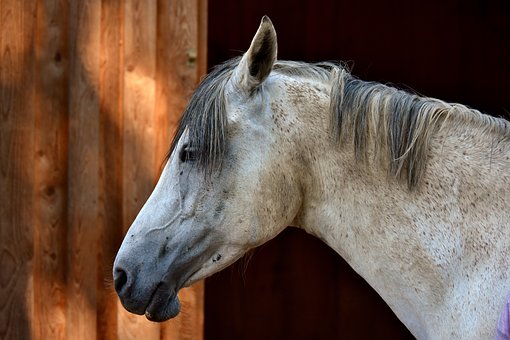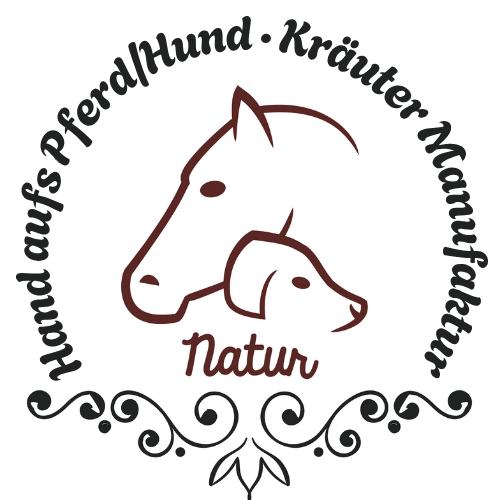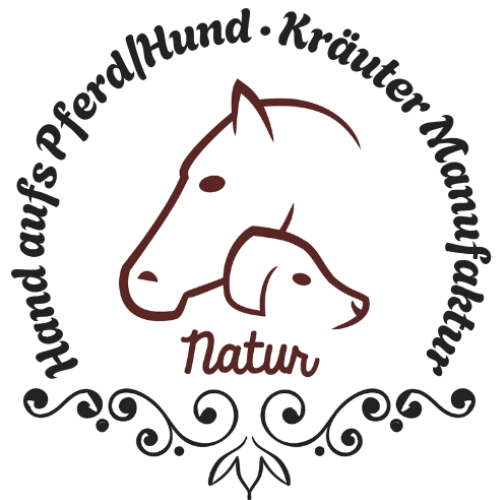
Gastric ulcer in horses - causes and symptoms
Horse stomach ulcer – symptoms and natural treatment
Did you know that your horse's stomach is a real weak point, as is the intestine? The stomach is easily damaged, but unfortunately, symptoms only appear in advanced stages.
The horse's stomach
can be imagined as a bulging tube consisting of several layers of tissue. The gastric mucosa is the inner layer of the stomach. The upper part opens into the esophagus; it is more sensitive and less protected. The mucosa of the lower stomach section is thicker because this is where gastric acid is produced. This breaks down usable and decomposes undesirable substances, as well as the food pulp. Gastric acid is constantly produced, with or without food. This is where stomach ulcers and gastritis develop.
Gastric ulcer in horses – causes
A gastric ulcer develops when the pH of the stomach acid becomes unbalanced. The stomach lining initially reacts with inflammation, which eventually develops into a gastric ulcer. Single or multiple ulcers can develop. Pay close attention to your horse's behavior, as early action can prevent gastric ulcers.
Other triggers can be
Permanent medication administration
Every horse needs medication at some point in its life. However, it becomes a concern when the horse requires medication on a long-term basis. Medications often damage the stomach because they are broken down there, and absorption takes place in the Darn Here, you should definitely add our stomach-protecting stomach and intestinal herbs Sunrise.
Stress/Anxiety
Because horses are flight animals, they cope very well with short-term stress. Long-term stress is very problematic for horses and can have a very negative impact on their stomach and intestines.
These include: frequent transport and changes of stable, emotional stress such as a change of herd or an unfriendly stable neighbor, trouble with conspecifics or excessive strain during training.
Despite species-appropriate feeding and housing, the rate of stomach ulcers is significantly higher in professional sports. High-intensity training creates permanently increased gastric pressure. Gastric acid damages the upper, unprotected stomach section, leading to inflammation and stomach ulcers. Quiet training phases should be incorporated without fail.
Feeding errors/unsuitable husbandry
Nature has designed the horse's body to process a lot of crude fiber and little energy (sugar), and not without reason. In the wild, horses spend hours searching for grass and herbs. Nowadays, horses are fed silage, concentrated feed, muesli, and supplements, the opposite of a species-appropriate diet. In addition, there are worming medications and vaccinations that affect the horse's intestines and the metabolism further damage. For a naturally strong stomach, as nature intended, a species-appropriate diet with 24-hour hay is essential. An important foundation for harmonious digestive function is created by species-appropriate housing, fresh, clean water, exercise, and plenty of fresh air.
stomach worms
are unlikely if you have a good immune system, but you should still have your horse tested occasionally.
Stress and improper feeding are the primary causes of a weak immune system in sport horses. However, recreational horses are also increasingly affected by the oversupply of feed.
Symptoms
Unfortunately, there is no clear symptom, but there are a few things you should look out for.
- Pain sensitivity in the abdominal region when saddling or grooming.
- Constant flehmen
- Poor food intake or refusal to eat
- An acute stomach ulcer can also be accompanied by mild colic.
- Frequent yawning and teeth grinding
- Blood in the stool
Stomach ulcer in horses – What you can do
Try to avoid stress and ensure species-appropriate housing and feeding as described above. In the event of an acute stomach ulcer, contact a veterinarian immediately.
For mild symptoms and for veterinary treatment as well as for prevention, our gastrointestinal herbs Sunrise can be a help.
Source: Martina Hemm March 2025
Hand aufs Pferd/Hund Kräuter Manufaktur
Gastrointestinal herbs for horses - Sunrise



